AeroGenie — Ваш интеллектуальный второй пилот.
В тренде
Categories
Coverage Extends from Rooftops to Remote Areas

Coverage Extends from Rooftops to Remote Areas
As global infrastructure grapples with increasing demand and urban congestion, electric vertical takeoff and landing aircraft (eVTOLs) are emerging as a promising solution for modern logistics. Unlike traditional aircraft, eVTOLs require minimal infrastructure due to their vertical takeoff and landing capabilities. This unique feature allows them to access rooftops, warehouse lots, and other compact urban spaces, offering a significant advantage in densely populated cities where real estate is limited.
Transforming the Logistics Landscape
The potential of eVTOLs extends beyond mere speed. These aircraft are reshaping the logistics sector by complementing existing delivery services rather than replacing them. They are particularly effective in bridging gaps in hard-to-reach locations and accelerating time-sensitive deliveries. Rani Plaut, CEO of AIR, emphasizes the growing importance of cargo eVTOLs, stating, “Cargo eVTOLs will become a core part of regional and last-mile delivery infrastructure. As ground networks become more congested and strained, aircraft like AIR ONE, capable of serving different use cases, will play a central role in building resilient, flexible logistics operations that can be deployed where needed, when needed.”
Despite their promise, expanding eVTOL coverage from urban rooftops to remote regions presents significant challenges. Regulatory barriers, high initial infrastructure costs, and technological constraints in reaching isolated areas remain formidable obstacles. The evolving market landscape has intensified competition among telecommunications providers, with companies such as Starlink and Beeline Kazakhstan forming partnerships to enhance connectivity. In response, competitors are forging strategic alliances and investing in satellite technology to secure market share and meet the growing demand for global connectivity.
Advancing Production and Design
A critical phase for the eVTOL industry is the transition from experimental prototypes to scalable, cost-effective production. AIR’s collaboration with German engineering firm EDAG, known for its expertise in automotive manufacturing, represents a significant milestone. Plaut explains, “Partnering with EDAG marks a key inflection point in our production roadmap. Their decades of experience in automotive design, prototyping, and production engineering allow us to bring proven, scalable manufacturing strategies into the eVTOL space.” This partnership introduces repeatable processes, cost efficiencies, and ease of maintenance—principles long established in the automotive sector—into electric aviation.
The AIR ONE production model embodies these priorities with a simplified airframe designed for streamlined manufacturing, upgraded avionics, and a propulsion system optimized for safety and diagnostics. Plaut highlights the bespoke nature of the aircraft’s components: “We’ve developed custom-made motors and batteries for this aircraft, which are optimized for its flight profile.”
Adaptability is a cornerstone of AIR ONE’s design. Its folding wings and motor arms enable operation in space-constrained environments, making it particularly suited for last-mile logistics in urban settings. Plaut notes, “This modularity makes AIR ONE an ideal candidate for last-mile operations in urban environments where space is at a premium and fast redeployment is key.” The cargo variant, offering 70 cubic feet of configurable volume, is tailored to meet the demands of time-sensitive deliveries in areas where traditional road access is limited or inefficient.
As the logistics sector continues to evolve, eVTOLs like AIR ONE are poised to extend coverage from city rooftops to the most remote regions, fundamentally transforming the movement of goods in an increasingly interconnected world.
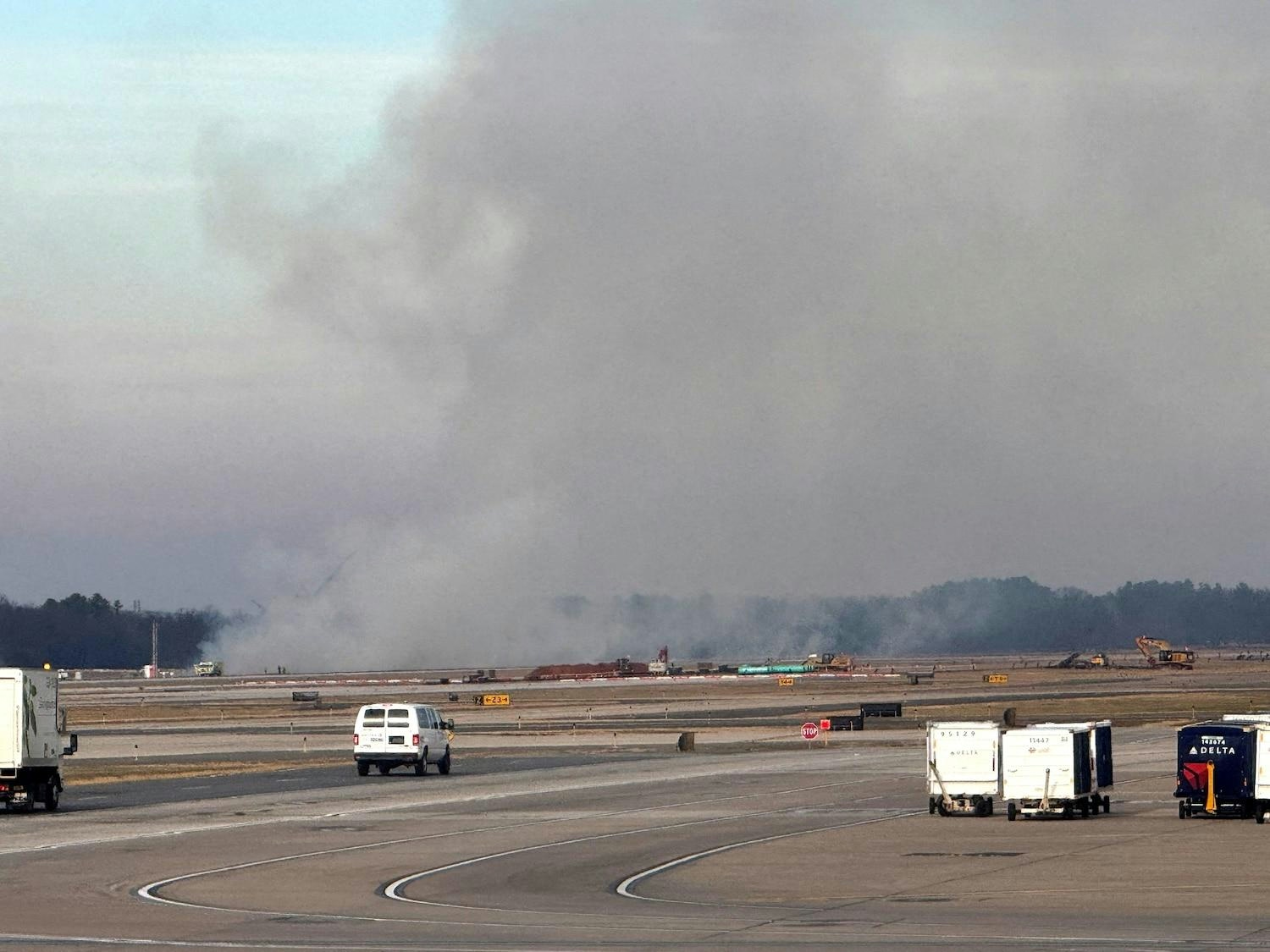
Delta Flight to Atlanta Suffers Engine Trouble, Sparks Grass Fire at Airport

PH Aerospace and MRO Exports Reach $603 Million, Says DTI
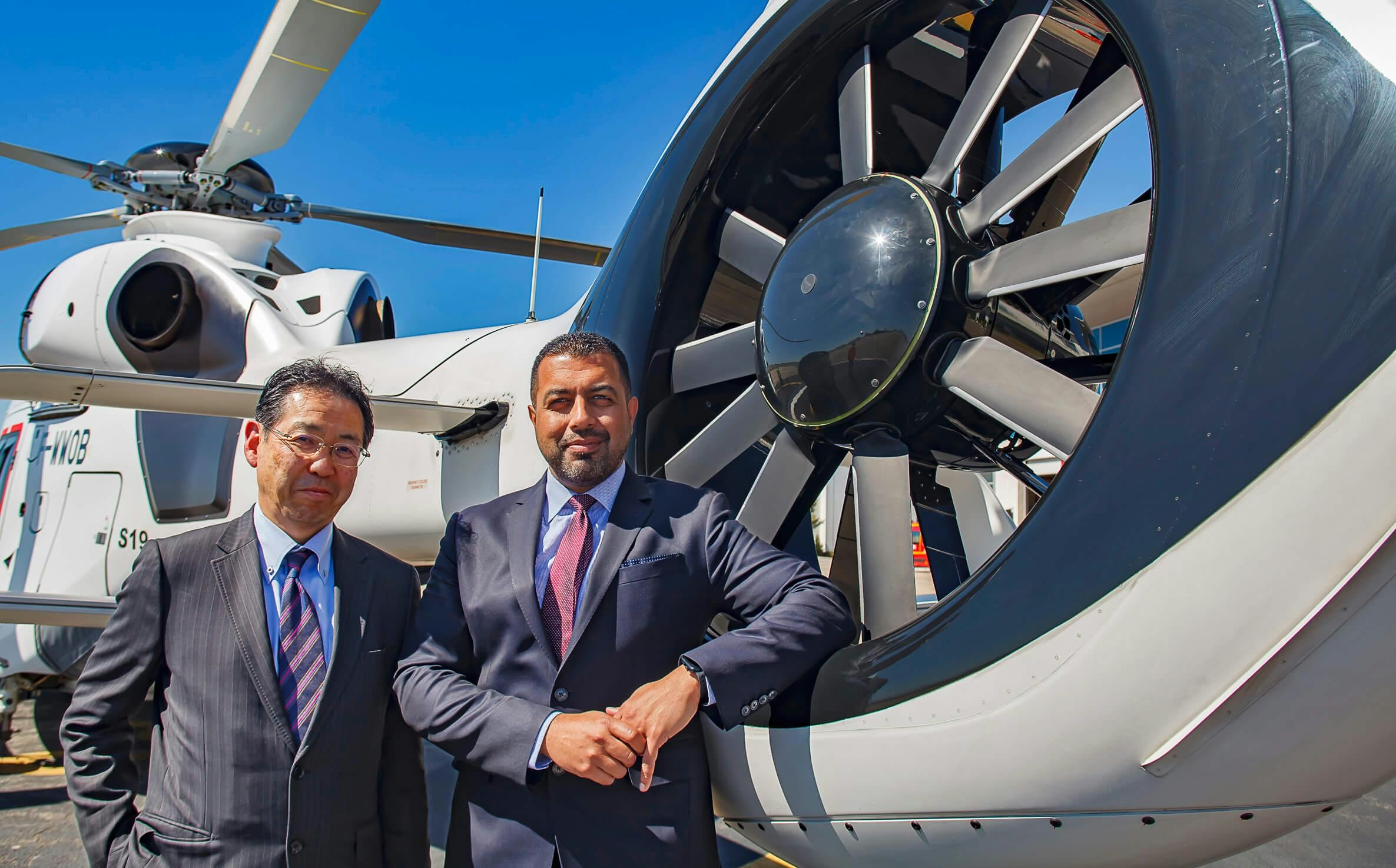
Dubai Aviation Nears Acquisition of Macquarie Aircraft Leasing Unit
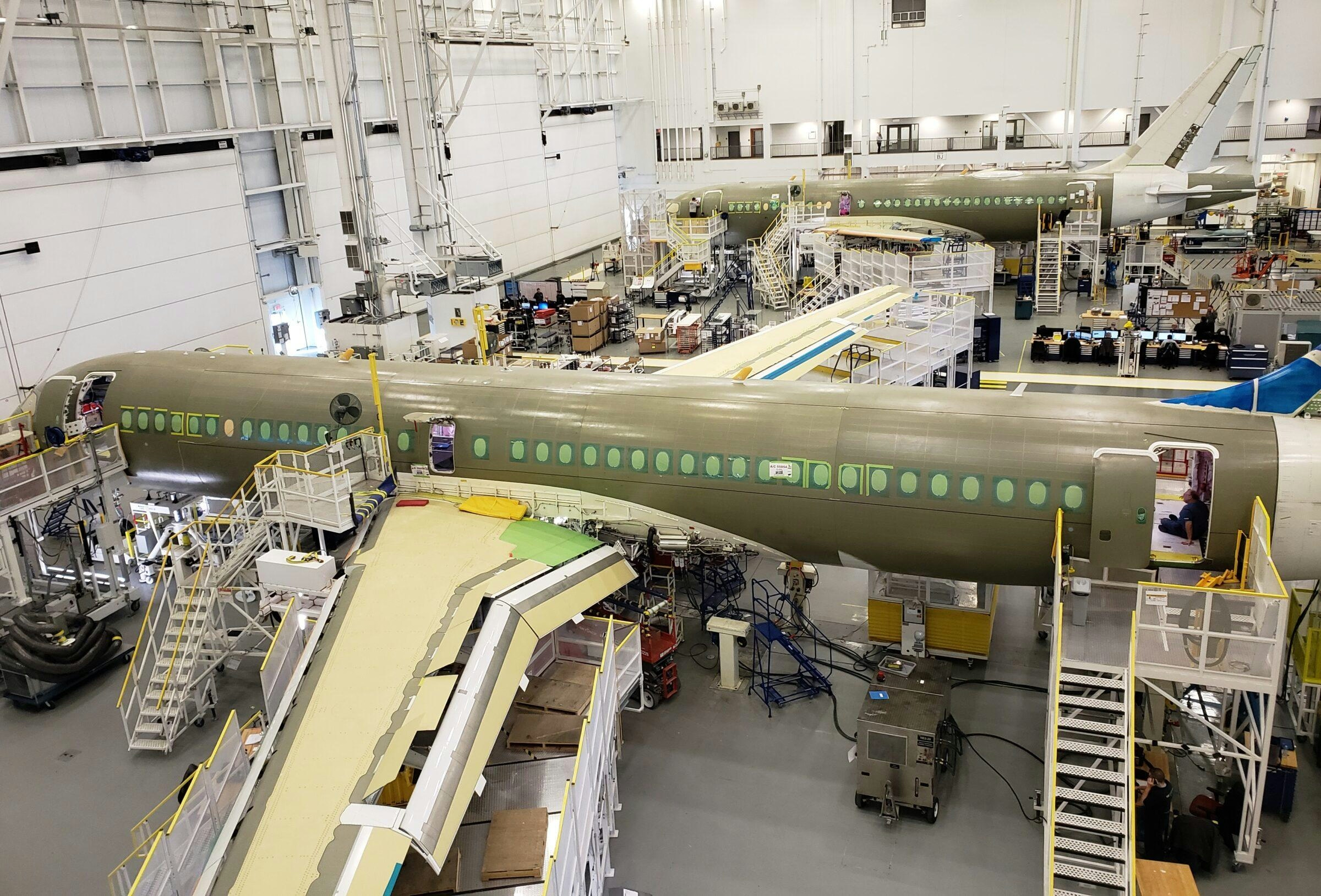
Airbus: Latest Developments and the Future of Aviation
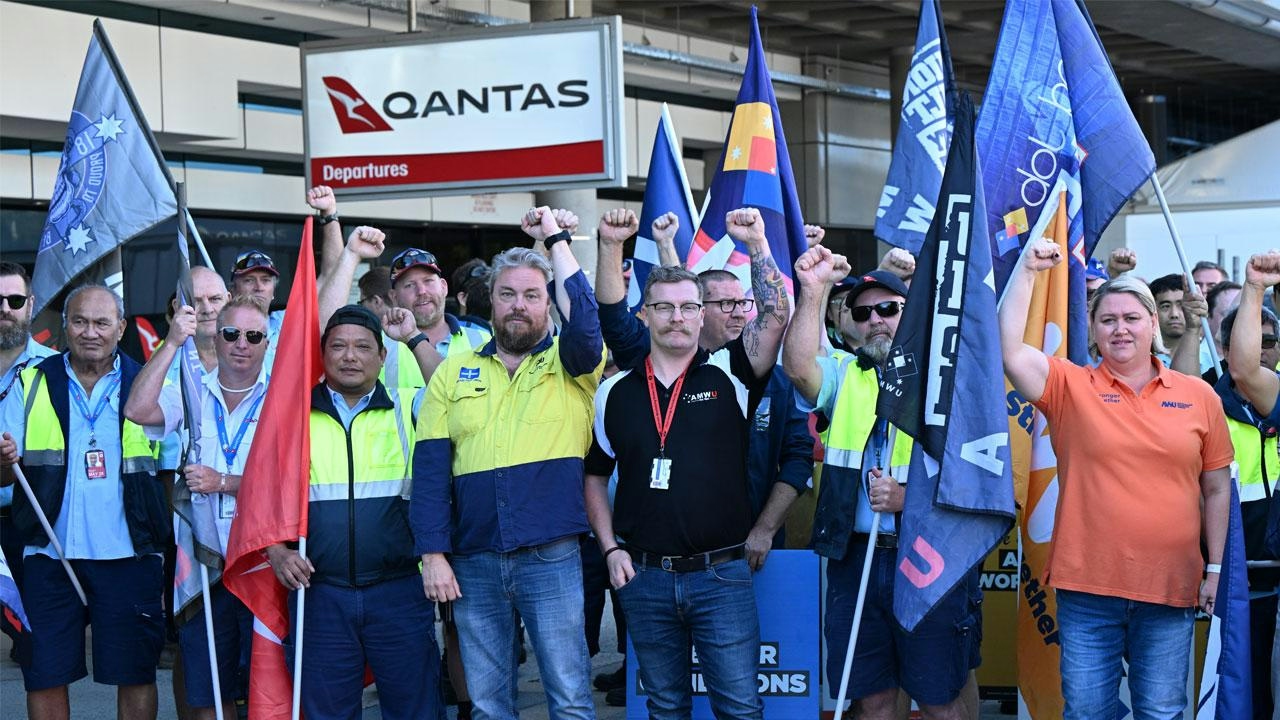
Qantas and Union Clash Over Job Security Amid AI Advances
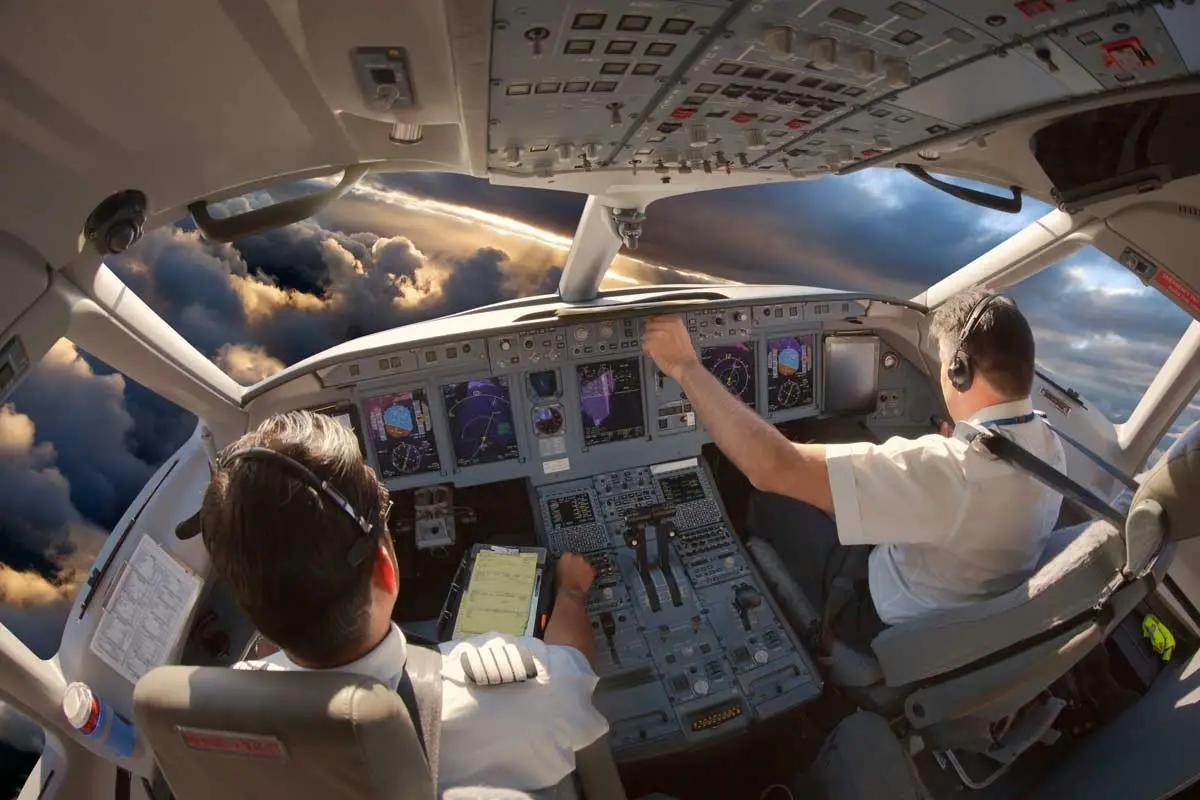
What Is the Salary of Widebody Pilots?
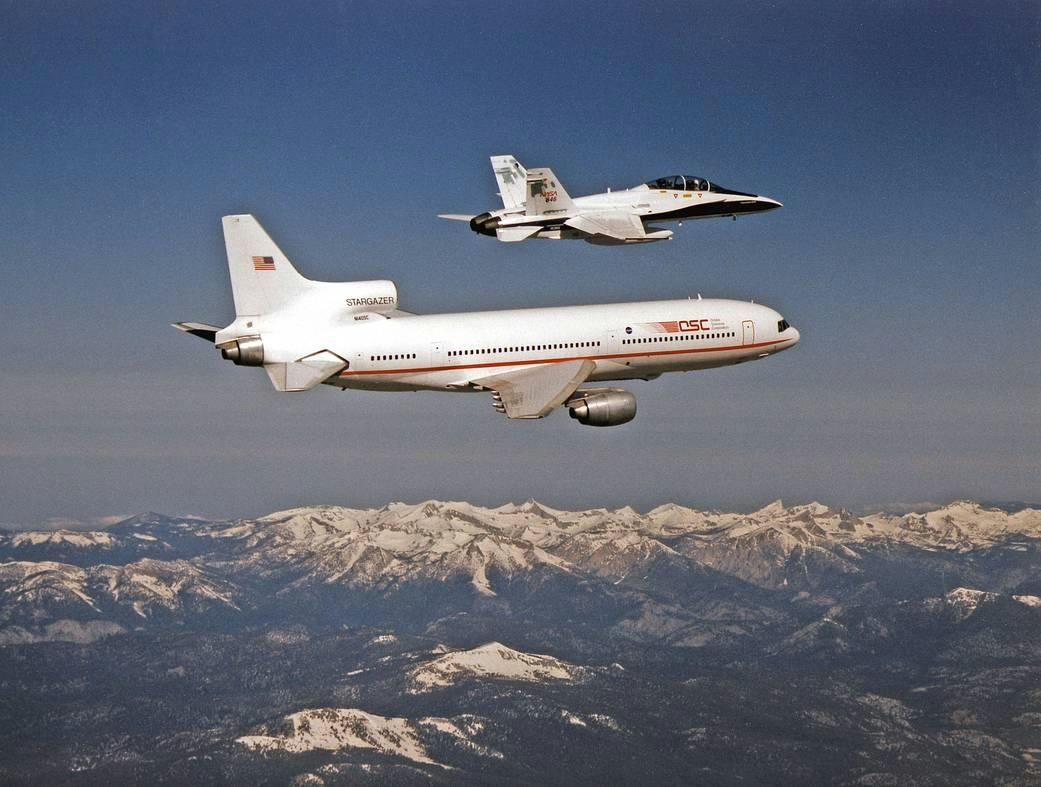
Challenges Faced by Lockheed in Designing the L-1011 TriStar
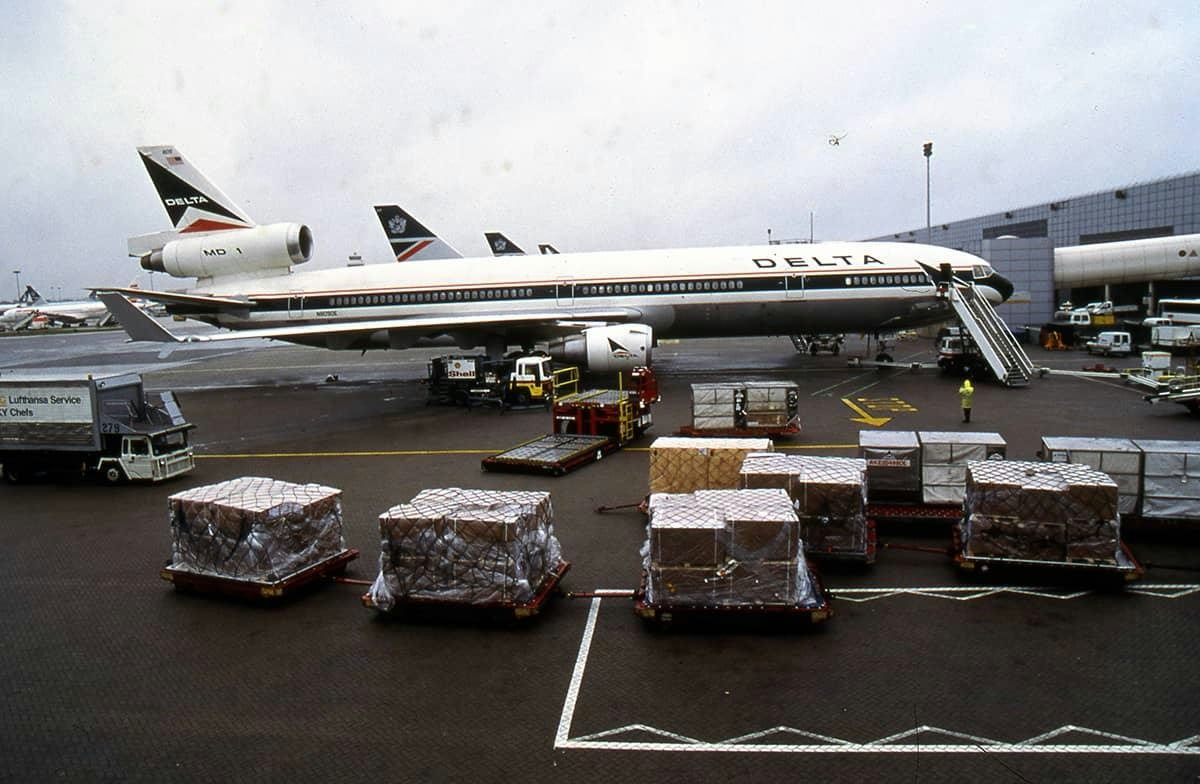
Seven Airlines That Previously Operated the McDonnell Douglas MD-11
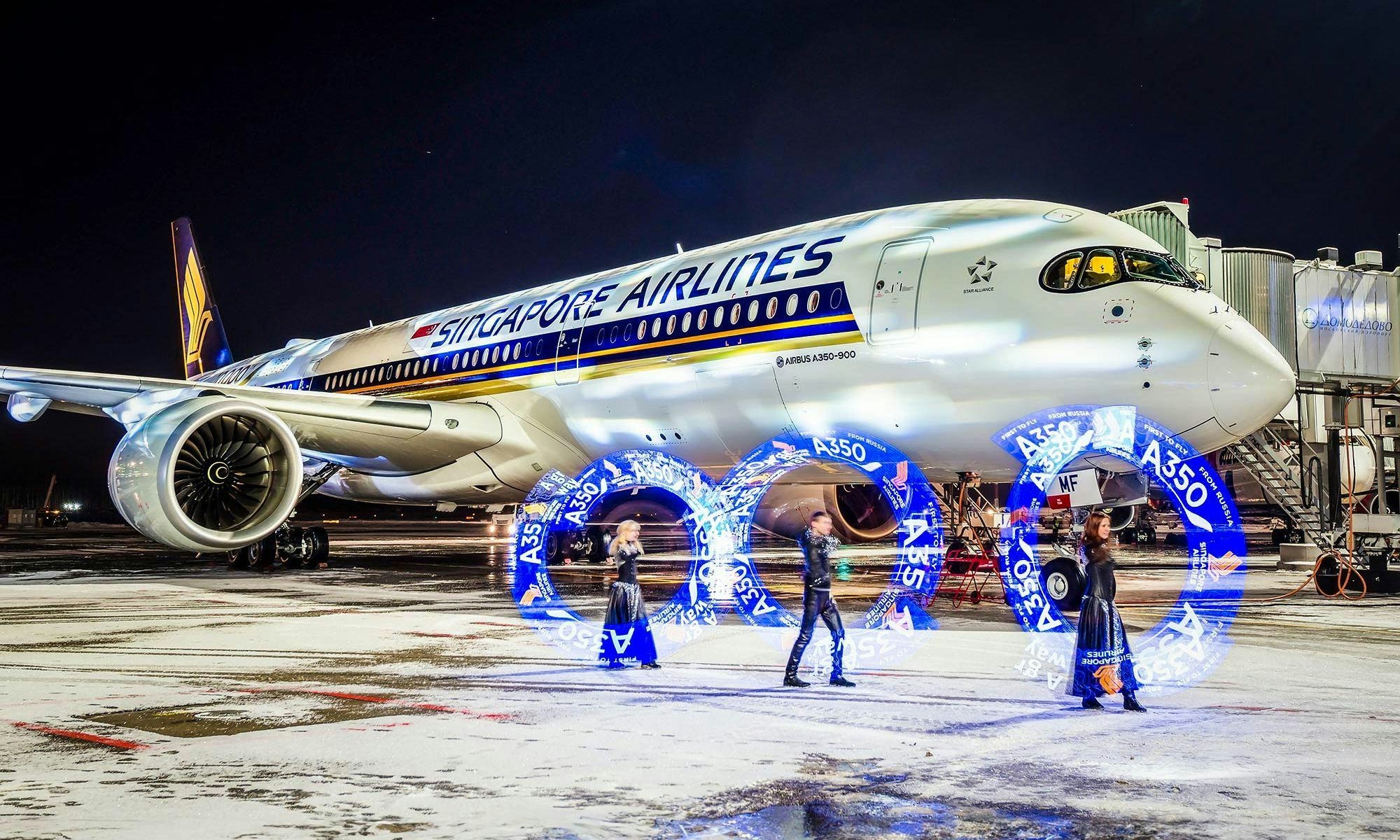
Factors Behind the Airbus A350’s Short Takeoff Distance

Archer Aviation Partners with NVIDIA to Advance Aviation AI Technology
